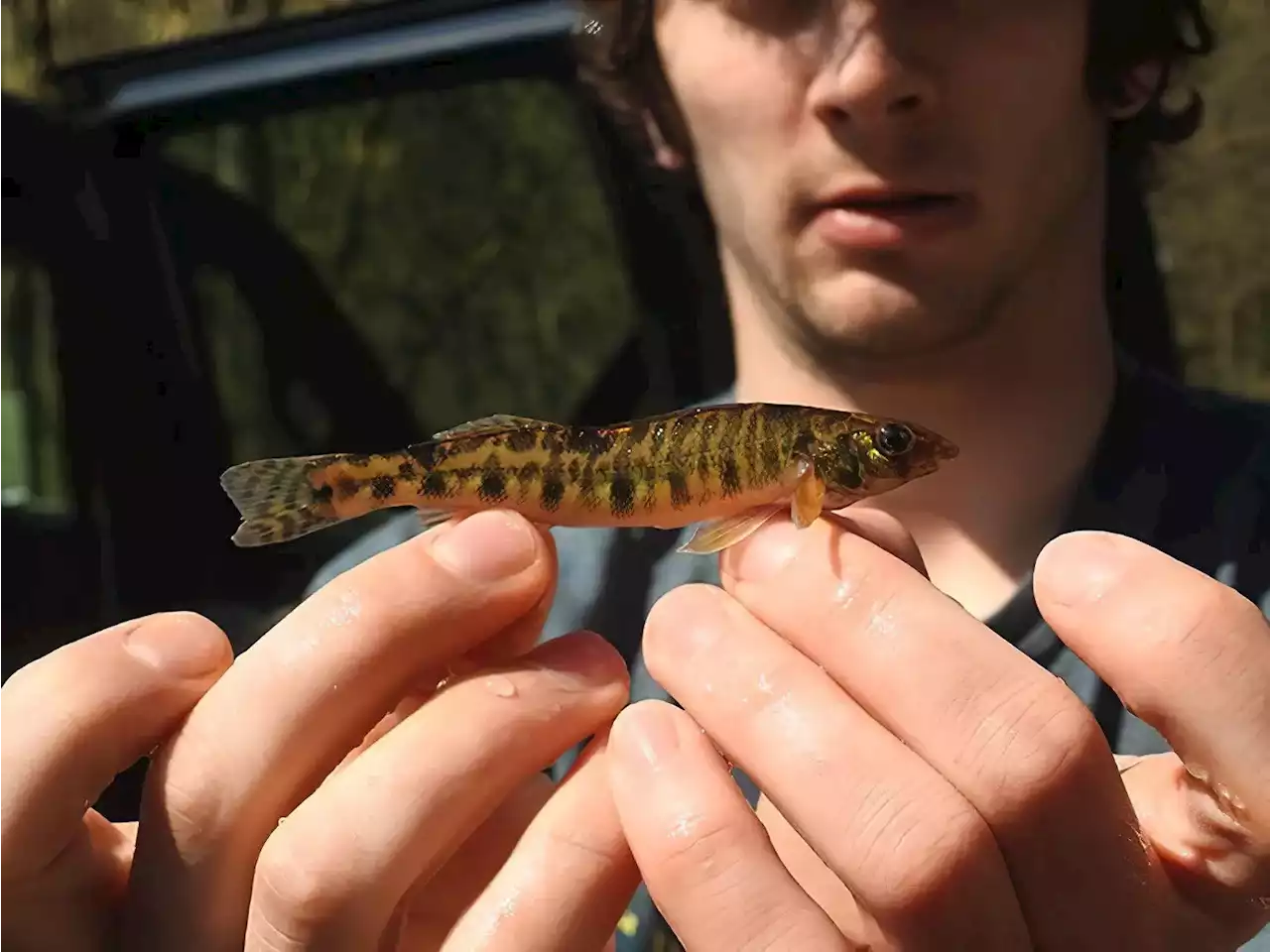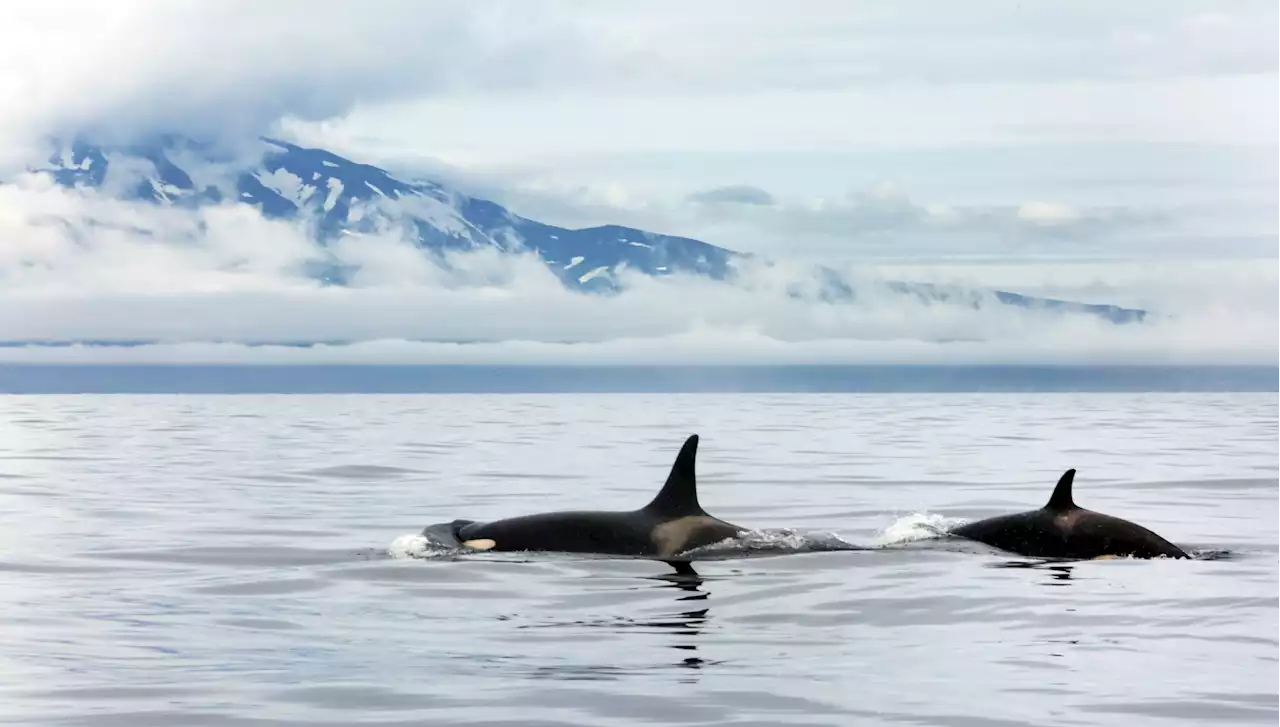The northern Pacific near Japan and Russia is home for several different groups of orcas. They have no contact with each other, do not seek the same food, do not speak the same dialect, and do not mate with each other. How can this be when they live so close to each other and belong to the same species?
Whale biologist Olga Filatova, University of Southern Denmark, is interested in finding out how the northern Pacific has been colonized by orcas, and during her time at university in Moscow, she conducted several expeditions to the area. Today, she is with University of Southern Denmark's Marine Biological Research Center.
"When the ice began to retreat again, and orcas and other whales could swim to new ice-free areas, some of them did not follow. They stayed in their [refugia], and they are still living there," says Filatova."Orcas in the Nemuro Strait had unusually high genetic diversity, which is typical for glacial [refugia], and their vocal repertoire is very different from the dialects of orcas living to the north off the coast of Kamchatka.
The discovery of the two Ice Age refugia not only contributes to knowledge about how orcas survived during the Ice Age, but it also paints a picture of orcas as very different animals that may not fit neatly into one species. If pods eat marine mammals and do not touch fish, this matters if they are to be captured and sold to marine parks, where it is difficult to feed them marine mammals. While marine parks' popularity is declining worldwide, there is still a large market for orcas in Chinese marine parks.
Australia Latest News, Australia Headlines
Similar News:You can also read news stories similar to this one that we have collected from other news sources.
 Pacific coast battens down as Hurricane Hilary threatens ‘catastrophic’ floodingAs Hurricane Hilary heads for Mexico’s Baja California, the U.S. National Hurricane Center is predicting “catastrophic and life-threatening flooding” for the peninsula and for the…
Pacific coast battens down as Hurricane Hilary threatens ‘catastrophic’ floodingAs Hurricane Hilary heads for Mexico’s Baja California, the U.S. National Hurricane Center is predicting “catastrophic and life-threatening flooding” for the peninsula and for the…
Read more »
 Pacific coast battens down as Hurricane Hilary threatens ‘catastrophic’ floodingThe storm could bring a year's worth of rain to Southern California.
Pacific coast battens down as Hurricane Hilary threatens ‘catastrophic’ floodingThe storm could bring a year's worth of rain to Southern California.
Read more »
 Orangutans are curious but cautious in the wild, researchers saySocial connections seemed to influence their curiosity: When an orangutan was accompanied by another ape, it was more likely to approach and touch the object.
Orangutans are curious but cautious in the wild, researchers saySocial connections seemed to influence their curiosity: When an orangutan was accompanied by another ape, it was more likely to approach and touch the object.
Read more »
 Mars Frontier Outpost Could Survive With Just 22 Residents, Researchers SayA team of researchers concluded that you only need 22 colonists to survive and successfully maintain a Mars colony.
Mars Frontier Outpost Could Survive With Just 22 Residents, Researchers SayA team of researchers concluded that you only need 22 colonists to survive and successfully maintain a Mars colony.
Read more »
 Researchers Identify One-of-a-Kind Fish in Lower SusquehannaResearchers emphasize the heightened urgency to save and restore the river's population. A Penn State research team, in collaboration with the Pennsylvania Fish and Boat Commission, has embarked on a mission to save a unique darter from the lower Susquehanna River. Their findings revealed that this
Researchers Identify One-of-a-Kind Fish in Lower SusquehannaResearchers emphasize the heightened urgency to save and restore the river's population. A Penn State research team, in collaboration with the Pennsylvania Fish and Boat Commission, has embarked on a mission to save a unique darter from the lower Susquehanna River. Their findings revealed that this
Read more »
![]() Researchers need your help tracking Colorado’s disappearing streamsResearchers hope the data submitted to the Stream Tracker app by citizen scientists will help them learn about how streams are affected by climate change, wildfires and development.
Researchers need your help tracking Colorado’s disappearing streamsResearchers hope the data submitted to the Stream Tracker app by citizen scientists will help them learn about how streams are affected by climate change, wildfires and development.
Read more »
